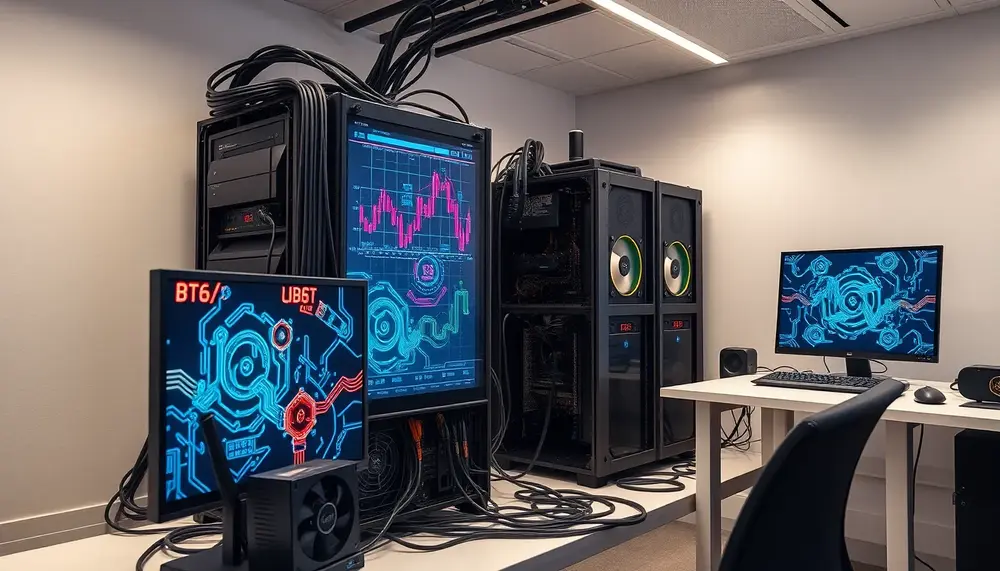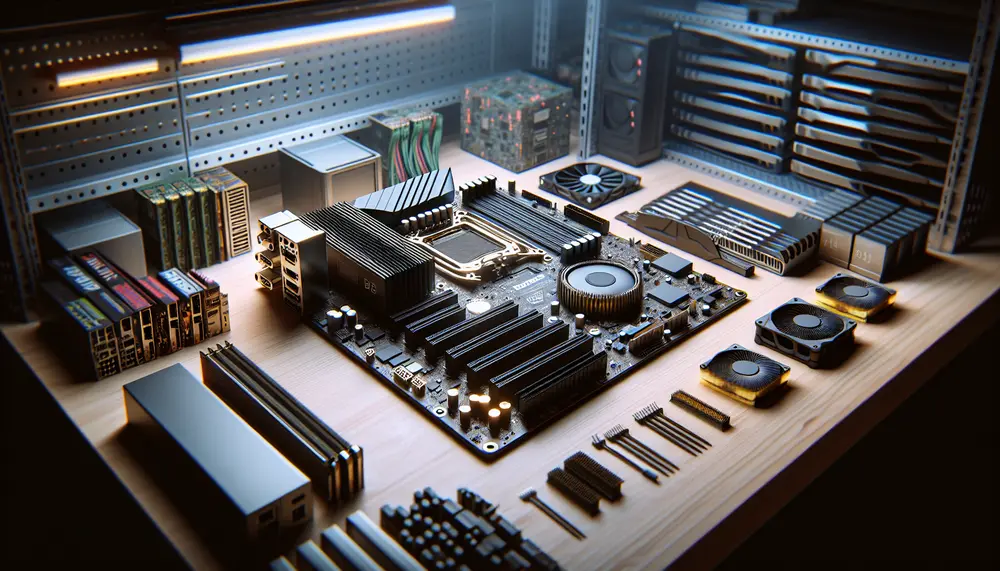Gigabyte
Gigabyte
Understanding the Gigabyte in Bitcoin Mining
The term Gigabyte is a familiar concept in the digital world and is particularly significant in fields like data storage, computing capacity, and by extension, Bitcoin mining.
Gigabyte: A Basic Unit of Digital Data Storage
A Gigabyte (GB) is a unit of digital information storage used to quantify computer memory or disk storage. One Gigabyte is equivalent to 1,024 Megabytes (MB). More importantly, in the vast realm of Bitcoin mining, Gigabyte measures the computational power and storage capacity vital to the process.
GB: An Essential Measure in Bitcoin Mining
In Bitcoin mining, data processing is a non-negotiable aspect. This data process requires a digital space measured in Gigabytes. Therefore, to ensure efficient mining, miners need powerful hardware with immense Gigabytes.
Why Gigabyte Matters in Mining Hardware
Modern-day Bitcoin mining is hardware-intensive. This demand for high-performance equipment is due to the rising difficulty level of Bitcoin mining. Miners need computers with high Gigabytes of memory to store, run and solve complex algorithms. More Gigabytes means increased speed and efficiency, resulting in a higher probability of earning Bitcoin rewards.
Gigabyte and Blockchain Ledger
The collective record of Bitcoin transactions, known as the blockchain, continues to grow and consume more Gigabytes. Miners must therefore have adequate storage (in GB) to keep up with the expanding blockchain ledger.
Conclusion: Gigabyte & Bitcoin Mining
Possessing an understanding of Gigabyte in the context of Bitcoin mining is crucial. The amount of space in Gigabytes that your hardware provides directly influences your mining efficiency and potential rewards. Thus, the maximized use of Gigabytes is vital in succeeding in Bitcoin mining.
Blog Posts with the term: Gigabyte

Crypto mining involves significant costs, including initial investment in hardware like GPUs and ongoing expenses such as electricity and maintenance; choosing the right cryptocurrency to mine is crucial for profitability, requiring consideration of factors like mining difficulty, market value, block...

Choosing the right crypto mining motherboard is essential for building an efficient and profitable mining rig, with key features to consider including the number of PCIe slots, power delivery system, compatibility with other components, cooling solutions, durability, and BIOS features....

Understanding the costs of setting up an Ethereum mining rig is essential for making informed investment decisions, with key expenses including GPUs, PSUs, CPUs, RAM, motherboards, storage, frames, and cooling systems. High-quality components like a GPU can significantly impact efficiency...

Alephium is a scalable and secure blockchain that uses the Blake3 algorithm, optimized for ASIC miners like Bitmain's Antminer AL3, which offers high hash rates, energy efficiency, and user-friendly features. The guide covers Alephium mining benefits such as increased profitability...

